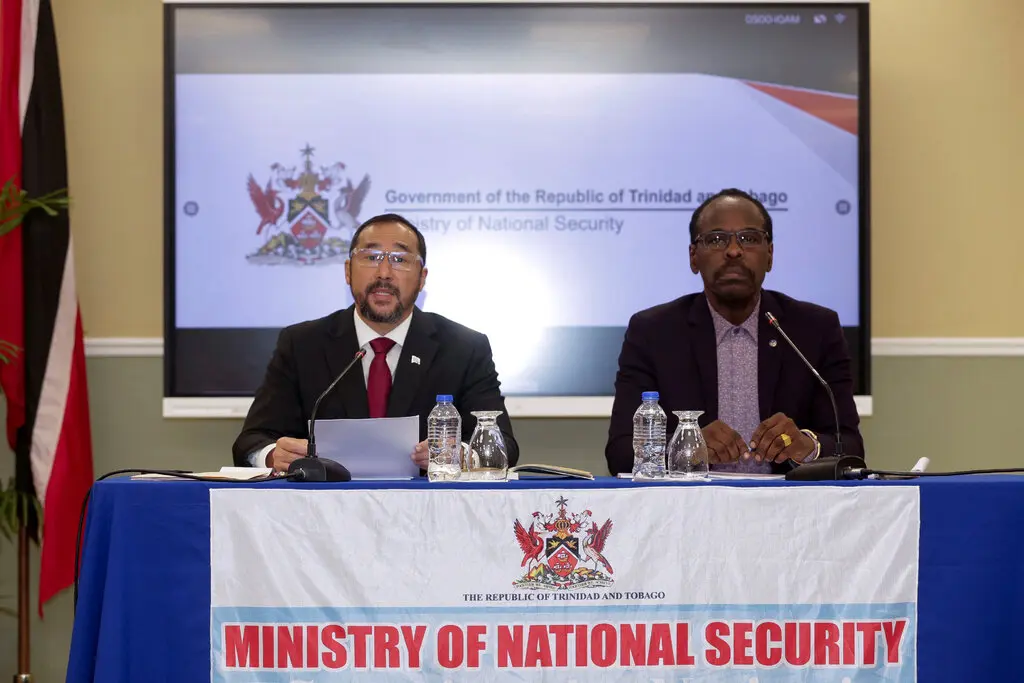Indonesia launches free meals program to feed children and pregnant women to fight malnutrition

In a bold move to combat malnutrition and improve public health, the Indonesian government has launched a nationwide free meals program aimed at feeding children and pregnant women. The initiative comes in response to alarming rates of malnutrition in the country, particularly among vulnerable groups such as young children and expectant mothers. The program is part of a broader effort to address food insecurity, reduce stunting, and ensure that all children receive the proper nutrition necessary for healthy development.
The free meals initiative is designed to provide nutritious meals to children under the age of five, as well as pregnant women, both of whom are at the highest risk for malnutrition-related health issues. Indonesia has long faced challenges related to malnutrition, with significant portions of the population experiencing food insecurity, especially in rural areas. High rates of stunting—where children fail to reach their full height potential due to inadequate nutrition—have been a particular concern. The new program aims to combat these issues by ensuring that every child and pregnant woman has access to nutritious food, regardless of their socioeconomic background.
In a statement, the Indonesian Minister of Social Affairs, Tri Rismaharini, emphasized the importance of the program, noting that it would not only address immediate nutritional needs but also promote long-term health benefits for future generations. “This is about building a healthier, stronger Indonesia,” she said. “By focusing on the most vulnerable groups, we can break the cycle of malnutrition and ensure that our children have the best possible start in life.”
The free meals initiative will be implemented in schools, healthcare centers, and community centers across the country, with a focus on areas with the highest rates of malnutrition. Local governments, in collaboration with the central government, are working to distribute meals to children and pregnant women in both urban and rural areas. The meals will be provided at no cost to families, ensuring that financial barriers do not prevent vulnerable groups from accessing the nutrition they need.
Nutrition experts have hailed the program as a crucial step in addressing the public health challenges posed by malnutrition in Indonesia. According to the United Nations, Indonesia has one of the highest rates of stunting in Southeast Asia, with around one in three children affected. This condition can have long-term consequences, leading to developmental delays, weakened immune systems, and an increased risk of chronic diseases later in life. By providing regular, balanced meals to children and pregnant women, the government hopes to reduce stunting rates and improve overall health outcomes.
In addition to providing meals, the government is also promoting educational campaigns to raise awareness about the importance of nutrition, particularly for pregnant women and young children. These campaigns aim to inform families about the types of food that are most beneficial for health and growth and encourage healthy eating habits that can last a lifetime. The initiative also seeks to educate communities about the benefits of breastfeeding, as well as the role of micronutrients such as iron, vitamin A, and iodine in preventing malnutrition.
Despite the positive reception to the program, some challenges remain. Indonesia’s vast archipelago, which spans more than 17,000 islands, presents logistical hurdles in delivering meals to remote areas. Ensuring that the program reaches all targeted populations, especially those in rural and isolated regions, will require extensive coordination and infrastructure. Additionally, the government will need to ensure that the meals provided are not only nutritious but also culturally appropriate, taking into account the diverse dietary preferences across the country.
The free meals program is part of Indonesia’s broader efforts to tackle malnutrition, which is deeply linked to poverty and access to resources. Alongside the meal initiative, the government is also working to improve the availability of affordable, nutritious food and strengthen food security through various agricultural policies. These efforts are aimed at increasing local food production, reducing reliance on imported goods, and ensuring that families can access healthy food options regularly.
The program also reflects a growing recognition of the importance of investing in human capital, particularly in early childhood. Research has shown that providing adequate nutrition in the first 1,000 days of a child’s life—from conception to their second birthday—can have a profound impact on their cognitive development, academic performance, and future economic potential. By prioritizing nutrition for pregnant women and young children, Indonesia is making an important investment in its future workforce.
As the free meals program rolls out across Indonesia, the government will be closely monitoring its progress and impact. Early indicators of success will include reductions in malnutrition rates, particularly stunting, and improvements in the overall health of children and pregnant women. If successful, the program could serve as a model for other countries in the region facing similar challenges with malnutrition and food insecurity.
In summary, Indonesia’s launch of a free meals program for children and pregnant women marks a significant step in the fight against malnutrition. By addressing the nutritional needs of vulnerable populations, the government hopes to break the cycle of malnutrition and ensure a healthier, more prosperous future for the nation’s children. While challenges remain, the program has the potential to make a lasting impact on public health and well-being across the country.






